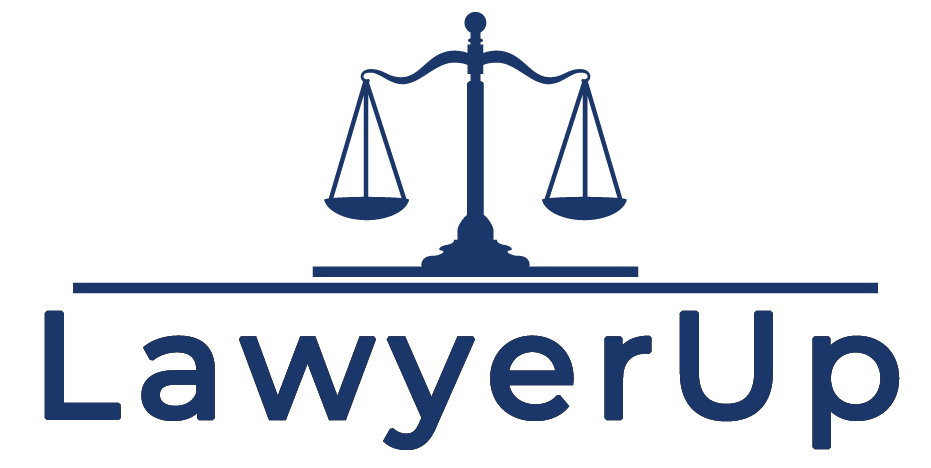
Family law is not an exception to the rule that ethics are vital in all facets of our lives. Family law lawyers have the difficult task of helping people and families get through some of the most difficult & emotionally taxing circumstances they may encounter in their lifetimes. It is crucial for family law practitioners to comprehend & abide by ethical principles in order to carry out this function successfully. To give family law attorneys a thorough understanding of the value of ethics in their work is the aim of this blog post. In order to improve their ability to represent clients in an ethical & effective manner, family law attorneys should examine common ethical issues, talk about ways to protect confidentiality and privacy, balance the interests of their clients with the best interests of their children, avoid conflicts of interest, ensure competence and diligence, abide by professional standards & codes of conduct, address ethical concerns in negotiations and court proceedings, & seek advice & support when faced with moral quandaries. In its most basic form, ethics is a collection of moral precepts that direct our actions and choices. The sensitive nature of the issues involved makes ethics in family law practice extremely important.
Key Takeaways
- Ethics play a crucial role in family law and are essential for maintaining trust and integrity in the legal system.
- Common ethical issues in family law cases include conflicts of interest, confidentiality breaches, and balancing the interests of clients and children.
- Maintaining confidentiality and privacy is crucial in family law matters to protect sensitive information and maintain trust with clients.
- Balancing the interests of clients and the best interests of children is a delicate ethical issue that requires careful consideration and communication.
- Avoiding conflicts of interest is essential in family law practice to maintain impartiality and avoid compromising the integrity of the legal system.
Family law attorneys frequently handle cases involving domestic violence, divorce, child custody, and spousal support, all of which can have a significant effect on the lives of the people they represent. In addition to following the values of justice, fairness, and integrity, family law attorneys have an obligation to behave in their clients’ best interests. This calls on them to use professionalism, compassion, and a dedication to the rule of law to successfully negotiate difficult legal and ethical situations. For lawyers, family law cases can provide a variety of ethical difficulties. Conflicts of interest, preserving privacy & confidentiality, striking a balance between the interests of clients and the best interests of children, and guaranteeing skill and diligence in legal representation are some of the most frequent ethical problems that crop up in family law cases. A family law lawyer might, for instance, end up representing both parties in a divorce, which could lead to a conflict of interest. In these situations, the lawyer needs to carefully assess if they can represent both parties impartially & successfully or if they should drop one of them.
In family law cases, the rights to privacy and confidentiality are essential & must be upheld. Many times, clients confide in their lawyers with extremely sensitive and personal information, believing it to be kept private. Until disclosure is mandated by law or approved by the client, family law attorneys have an ethical duty to protect the privacy of their clients’ information. Family law attorneys have an obligation to protect their clients’ privacy in addition to upholding confidentiality. This can entail putting in place safe routes for communication, protecting paper and digital records, and making sure that only people with permission can access private data. Balancing client interests with the best interests of children is a special challenge in family law practice. In addition to representing their clients’ best interests, family law attorneys have an obligation to think about how their clients’ choices might affect any involved children. Family law lawyers must therefore carefully consider the needs and welfare of the children & fight for solutions that advance their best interests.
Promoting alternative conflict resolution techniques like mediation and collaborating with other experts like social workers or child psychologists are two possible approaches to striking this balance. When a family lawyer’s obligations to act in their clients’ best interests collide with their personal or professional goals, conflicts of interest can occur. Family law lawyers need to be careful to spot and steer clear of conflicts of interest because they can damage the reputation of the legal system & jeopardize the attorney-client relationship. Family law attorneys should set up explicit policies and procedures for spotting possible conflicts, perform extensive conflict checks prior to accepting new clients, and promptly disclose any conflicts that come up while providing legal representation in order to prevent conflicts of interest. Family law cases can be emotionally and complex, so lawyers must be very competent and diligent in their representation. It is the ethical duty of family law attorneys to represent their clients with competence and diligence, which entails keeping abreast of legal developments, doing extensive legal research, and fervently defending their customers’ interests. Family law attorneys should seek advice from mentors or more seasoned colleagues, continue their professional development, and remain dedicated to giving their clients the best legal services possible in order to guarantee competence and diligence. Family law lawyers have ethical and professional obligations that are governed by codes of conduct and professional standards.
| Chapter | Topic | Metric |
|---|---|---|
| 1 | Introduction | N/A |
| 2 | Understanding Ethical Issues | Number of ethical issues faced by family law attorneys |
| 3 | Confidentiality and Privilege | Number of cases where confidentiality was breached |
| 4 | Conflicts of Interest | Number of cases where conflicts of interest arose |
| 5 | Representing Children | Number of cases where attorneys represented children |
| 6 | Domestic Violence | Number of cases involving domestic violence |
| 7 | Mediation and Collaborative Law | Number of cases where mediation or collaborative law was used |
| 8 | Conclusion | N/A |
In addition to ensuring that lawyers act in the best interests of their clients and the administration of justice, these standards and codes are intended to uphold the integrity of the legal profession. Family law attorneys should become knowledgeable about the relevant codes of conduct & professional standards & follow them in their work. In all communications with clients, opposing counsel, and the court, a high standard of professionalism, honesty, & integrity must be upheld. A typical way to settle family law disputes outside of court is through mediation & negotiations. These procedures offer ethical challenges for family law attorneys even though they can be useful in achieving win-win agreements. In order to maintain fairness and transparency, family law attorneys must make sure that talks and mediations are carried out in good faith. In addition, they have to be aware of power disparities and take action to guarantee that everyone has an equal chance to engage and make decisions. In family law cases, the courtroom atmosphere can be adversarial and emotionally charged during litigation.
While fulfilling their ethical duties to the court & their clients, family law attorneys must overcome these obstacles. Maintaining professionalism and civility, avoiding baseless or pointless claims, and making sure the court is informed of all pertinent information are just a few examples of the ethical challenges that arise in litigation and court procedures. Family law practitioners should actively represent their clients’ interests while simultaneously working to encourage the quick and equitable resolution of conflicts. Family law practice will inevitably involve ethical conundrums. Family law attorneys should turn to dependable peers, mentors, or associations for advice and assistance when confronted with such situations. Professional associations, ethics hotlines, continuing legal education programs, and other resources are available to family law attorneys for advice and assistance. Family law attorneys can confidently navigate moral quandaries & make sure they are giving their clients morally sound and effective representation by getting advice and support. Law practices, including family law practices, are built on the foundation of ethics. It is a special duty of family law attorneys to help people and families navigate some of the most difficult & emotionally taxing circumstances they may encounter.

Family law attorneys can improve their capacity to represent clients in an ethical and successful manner by making ethics a top priority in their practice. The significance of ethics in family law practice has been examined in this blog post, along with common ethical problems & solutions. We’ve also talked about how to avoid conflicts of interest, maintain confidentiality and privacy, balance the interests of clients and the best interests of children, uphold professional standards and conduct codes, handle ethical concerns in court proceedings and negotiations, and get help when we need it. We sincerely hope that family law practitioners will give ethical issues top priority in their work and take these factors seriously. They will be able to improve the lives of their clients & their families in addition to maintaining the integrity of the legal profession by doing this.
If you’re interested in exploring the ethical issues surrounding family law, you may also want to read this related article on LawyerUp Group’s website. The article discusses a case study that delves into the complexities of family law and highlights the importance of ethical considerations in such cases. It provides valuable insights into the challenges faced by lawyers and the impact their decisions can have on families. To learn more, click here.








